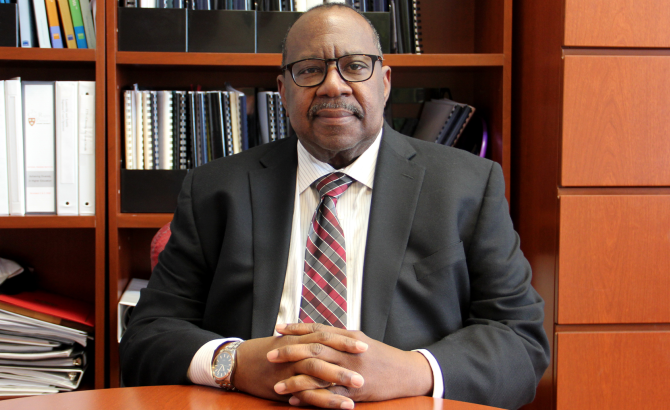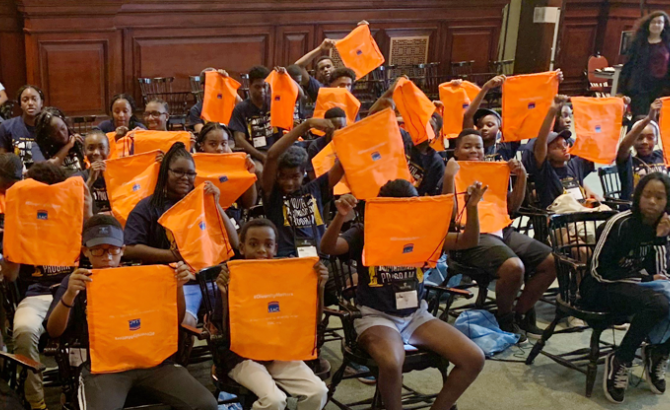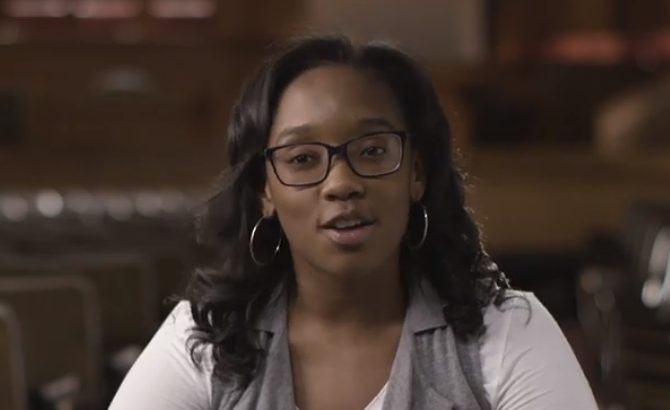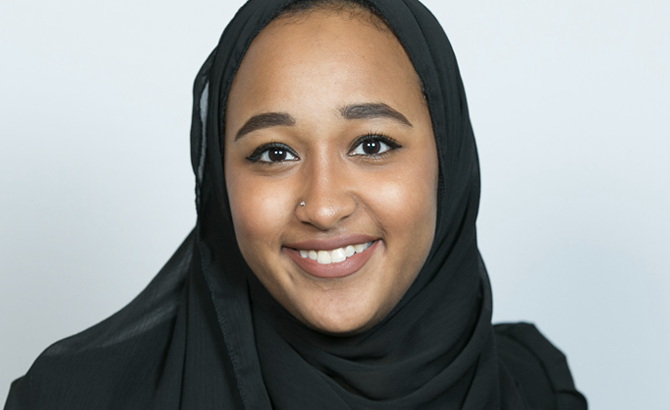Kent D. Lollis is the former vice president and chief diversity officer at the Law School Admission Council, where he led external outreach to organizations, associations, and other stakeholders working to enhance diversity, equity, and inclusion in the legal profession. He also directed diversity, equity, and inclusion goals within the LSAC organizational structure. Prior to assuming more global responsibilities, he spent 27 years developing, monitoring, and expanding the LSAC diversity programs targeting populations that had been underrepresented in the legal profession. Among his LSAC accomplishments were launching LSAC’s academic support initiative, directing and expanding the Prelaw Undergraduate Scholars Program, and expanding programming for students and prelaw advisors at Historically Black Colleges and Universities, the Hispanic Association of Colleges and Universities, and Tribal Colleges and Universities. He is a founding member of the Minority Network of Law School Admission Officers. Prior to joining LSAC, Lollis was an associate dean and associate professor of law at Ohio Northern University—Claude W. Pettit College of Law, where, in addition to teaching labor, family, and corporate law, he was responsible for the admission, career services, and student services offices of the law school. His first position in legal education was as assistant dean for administration at University of Louisville Brandeis School of Law, where he was also responsible for admission, career services, scholarship programs, and financial aid. Lollis also served as the staff grievance officer for the University of Louisville. Prior to working in legal education, he practiced labor, corporate, and employment discrimination law. He also volunteered as a pro bono lawyer with organizations that provided legal services to poor and disabled clients. He is admitted to the bar in Pennsylvania and Kentucky. A fellow of the American Bar Foundation, Lollis is also a member of the American Bar Association and National Bar Association, and has served on a number of committees with both associations. He earned his AB from Brown University, his MBA from Northwestern University Kellogg Graduate School of Management, and his JD from Northwestern Pritzker School of Law. Lollis has published articles on family law, constitutional law, and labor law, and has received numerous awards for his service, including the CLEO Edge 50th Anniversary Award, California Pathways Diversity Champion Award, and AALS Section on Academic Support Award for which he was the first recipient. He has also been honored with the ABA Raymond Pace and Sadie Tanner Mossel Alexander Lifetime Achievement Award, ABA Presidential Advisory Council on Diversity Service Recognition Award, St. Mary’s University School of Law Saint Thomas More Award, and Law School Consortium Leadership Award. In addition, Lollis is a two-time recipient of the Leadership Award from the first and second National People of Color Legal Scholarship Conferences.
The killing of George Floyd affected me strongly in two distinct ways: it conjured up traumatic memories of the many experiences I had as a black man growing up in the United States and it inspired me to reflect on my commitment to legal justice, my interest in legal education, and my work with the Law School Admission Council.
This week’s holiday honors the memory of slain civil rights pioneer Dr. Martin Luther King Jr., but Shirley Jefferson’s memories of him, and the movement for which he fought, are much more personal. Born in segregated Alabama, she marched and protested with Dr. King, integrated her high school, and developed a lifelong commitment to fighting injustice as a lawyer.
For me, the importance of our Prelaw Undergraduate Scholars (PLUS) programs is obvious: Our legal system needs to look more like the increasingly diverse and complex society it serves...
The late Janet Reno, who served as attorney general under President Bill Clinton from 1993 through 2001, once remarked that the more research we conduct in the arena of equity, the clearer it becomes that we need to reach further and further back in the pipeline if we are to address barriers where they begin.
The Law School Admission Council recently awarded the top prizes in its annual Diversity Matters Awards to three law schools, two in the Southwest and one on the East Coast, that demonstrated the utmost commitment to increasing diversity in the legal profession...
n a previous blog post, we told you about how one student started her journey into the world of law via an event sponsored by the Law School Admission Council under its Diversity Matters grant program. Today, we share more stories of students who come from diverse backgrounds, but were able to discover that a legal education was within reach for them.
Abyan Gurase knew where she wanted to go; she just didn’t know how to get there. “I always knew I wanted to go to law school,” says Gurase, who was born in Somalia and came to the United States as a refugee when she was a young child. “But maybe back then, I didn’t know what it meant to be a lawyer.”
In writing the majority ruling on the 2003 Supreme Court case Grutter v. Bollinger, Justice Sandra Day O’Connor dreamed that within 25 years this country might no longer need to consider race as a factor in admission to higher education. Fifteen years later...







